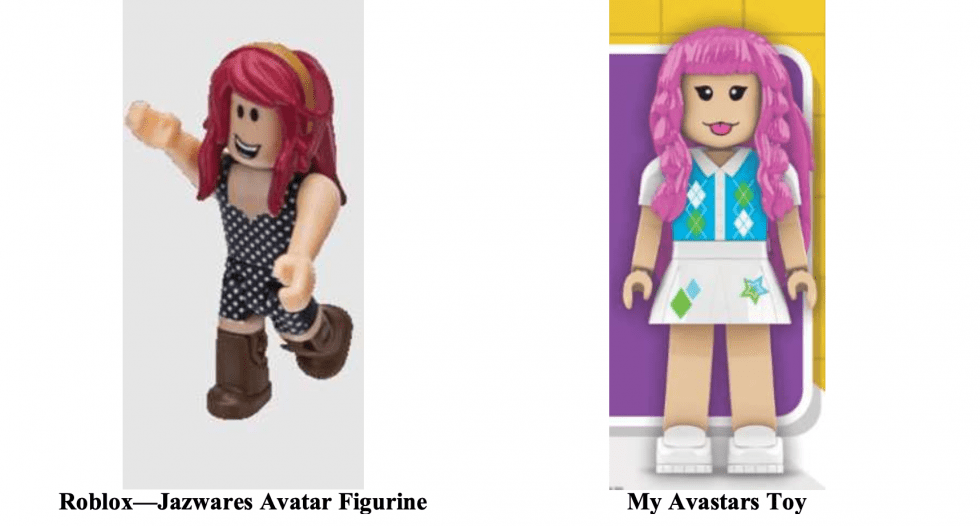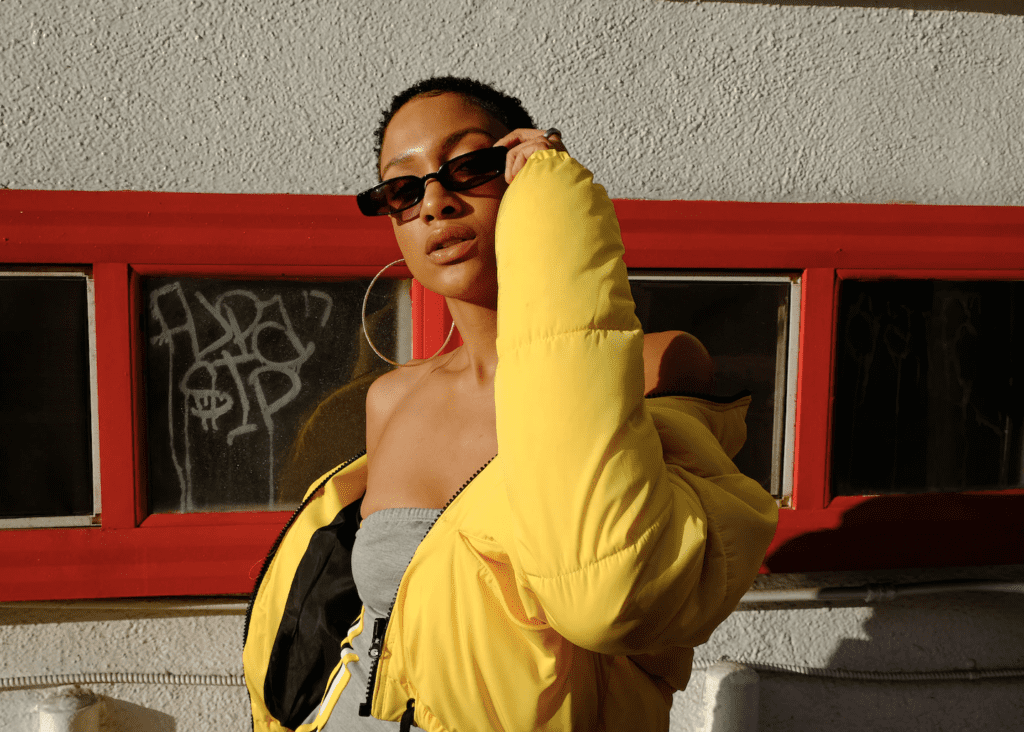A California federal court has sided with Roblox in the latest round of a lawsuit over a rival company’s attempt to parlay its “wildly successful avatar intellectual property to create and sell a line of physical dolls to exploit [its] investment, creative efforts, and popularity.” In an order this week, Judge Susan Illston of the U.S. District Court for the Northern District of California granted the motion to compel arbitration and stay proceedings in connection with the lawsuit that Roblox waged against toymaker WowWee Group, including the defendants’ motion to dismiss remaining counterclaims.
Some Background: Roblox filed a copyright and trademark infringement, intentional interference with contractual relations, and breach of contract lawsuit against WowWee in July 2022, accusing the company (and a number of related entities) of “manufactur[ing], promot[ing], and sell[ing] a line of dolls called ‘My Avastars’” that it “copied directly” from the design of the “Classic Avatars” on the Roblox metaverse platform. WowWee argued in response that the virtual gaming company failed to adequately plead its infringement claims, while also asserting that its intentional interference with contractual relations and breach of contract claims should be tossed out in favor of arbitration.
In March of this year, the court handed down a mixed decision, finding that, among other things, Roblox: (1) adequately pled ownership of a valid copyright for several of its avatars but fell short for others, including the Avatar “bases”; (2) adequately pled its trade dress infringement claim,” as it “described a distinct trade dress” and pled consumer confusion about whether the defendants’ products were associated with Roblox; and (3) adequately pled its trademark infringement, false designation of origin and false advertising claims, thereby, rejecting WowWee’s argument that its use of the Roblox name in advertising constituted nominative fair use.

WowWee filed an amended answer and counterclaims a month later, accusing Roblox of intentional interference with contractual relations (“IICR”) and intentional interference with prospective economic advantage (“IIPEA”). According to WowWee, Roblox “sought to thwart the momentum” if its “groundbreaking partnership” with Gamefam – one of Roblox’s top experience developers – to create the My Avastars toys by “pressuring Gamefam to abandon its contractual obligations [with WowWee] and rescind its contribution” to the collab. Roblox responded with a motion to dismiss WowWee’s IIPEA claim, compel arbitration of WowWee’s IICR counterclaim, and stay any remaining counterclaims pending the outcome of arbitration.
Motion to Compel Arbitration, Motion to Stay
Motion to Compel – First delving into the parties’ arbitration arguments, Judge Illston stated that the court was tasked with determining whether Roblox’s arbitration agreement encompasses the dispute at issue, namely, WowWee’s IIPEA counterclaim. Roblox argued in favor of arbitration, whereas WowWee maintained that the agreement does not encompass the IICR claim because it “does not arise under or relate to the defined ‘Roblox Terms’ or ‘Services.’”
Setting the stage, Judge Illston noted that “the Ninth Circuit has repeatedly ‘held that the phrase ‘arising under’ in an arbitration agreement should be interpreted narrowly,” whereas “the phrase ‘arising out of or relating to’ is interpreted more broadly.” Here, Roblox’s use of the broader phrase means the arbitration agreement is “not limited to disputes relating to the interpretation and performance of the contract itself,” the court held. And in fact, the court said that the arbitration agreement in this case is “even broader because it covers disputes arising under and relating to not only the ‘Terms,’ but also the ‘Services.’”
The court swiftly shot down WowWee’s arguments here, including its claims that because Roblox’s alleged attempt to get Gamefam to renege on its partnership “could have been accomplished even if the [arbitration] agreement did not exist,” it does not fall within the bounds of the agreement. The court also took issue with the cases WowWee cited to support its argument, as they all involve the narrower “arising under” standard.
Here, there is “little doubt,” according to the court, that “the arbitration agreement encompasses disputes arising under and relating to the Services, which are defined to include the Roblox platform itself,” and thus, “WowWee’s claim that Roblox interfered with a partnership to create something on the Roblox platform certainly arises under or relates to that platform.” This means that it “relates to” the Services, including the Roblox platform, and is encompassed by the arbitration agreement.
Motion to Stay – Turning to Roblox’s motion to stay all counterclaims pending the resolution of the arbitration of WowWee’s IICR counterclaim, Judge Illston found that “considerations of economy and efficiency weigh in favor of a stay, and failure to grant a stay would prejudice Roblox’s right to arbitration.” Since there is “significant overlap between the facts giving rise to the IICR claims brought by the international defendants and the IICR claim brought by WowWee … and the IIPEA claims require the same showing as the IICR claims, with an additional element,” the court found that a stay of the IICR and IIPEA counterclaims is appropriate.
THE BOTTOM LINE: While all focus seems to be on AI at the moment, brands are, nonetheless, still embroiled in metaverse/web3-centric legal battles. In this case, it will be interesting to see how the court ultimately treats Roblox’s rights in virtual avatars in connection with the creation/sale of physical products. In any event, as this lawsuit (and others) indicate, companies and creators should “avoid copying and producing physical products of any images or characters located in the metaverse” – and vice versa, Gowling WLG’s Samantha Yung said in a note, without proper authorization/license. In other words, “For companies looking to commercialize third-party IP from or into the metaverse,” or to take “real world” assets/rights and bring them into the virtual world (the MetaBirkins case comes to mind here), “it is advisable to approach the rights holders for an appropriate license arrangement before taking any further steps.”
The case is Roblox Corp. et al, v. WowWee Group Limited, et al, 3:22-cv-04476 (N.D. Cal.)














